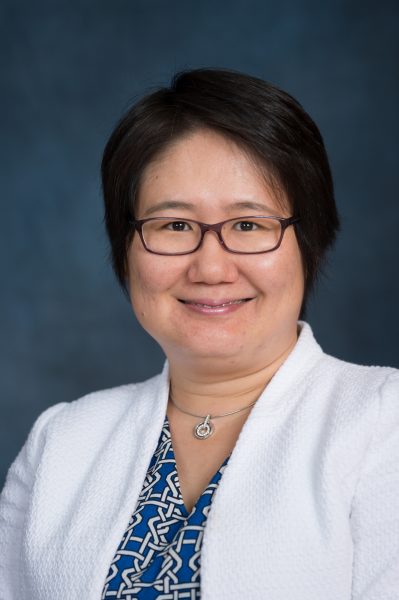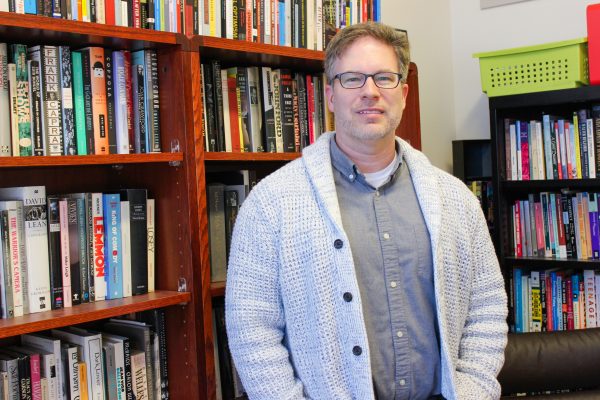The full story originally appeared and can be found in CSU’s College of Liberal Arts Magazine.

A number of Korean films have enjoyed crossover success in the U.S. and Europe over the past few years, and this fall the South Korean series Squid Game became Netflix’s “‘biggest ever’ series launch,” according to CNN.
Hye Seung Chung, professor of film and media studies, told CBS that South Korean media “is not just means of entertainment like in the United States or in the West, but media has been considered a very important tool for political enlightenment or political resistance.”
Chung notes that when she discussed Bong Joon-ho’s film Parasite (the first non-English language film to win the Academy Award for Best Picture) with her CSU students, she was “shocked by how enamored my own students are with this Korean film.” After teaching this and other Korean-language films to her CSU students, Chung said she was “pleasantly surprised by how much my students learned about Korean history and politics in that short amount of time and how much they could empathize with characters who spoke a different language than their own native tongue.”
Both Parasite and Squid Game are parables of class struggle, addressing the inequities of neoliberal economics and illustrating how even the blockbuster media coming out of South Korea is concerned with human rights.
It is the political enlightenment or resistance that informs Chung’s research as a Fulbright scholar in South Korea during the 2021-22 academic year. She and Scott Diffrient, also a professor of film and media studies and Fulbright scholar, are working on efforts that bolster understanding of and appreciation for democratic principles such as free speech and human rights by critically engaging historical and contemporary Korean films.
To read the full article, please visit CSU’s College of Liberal Arts Magazine.